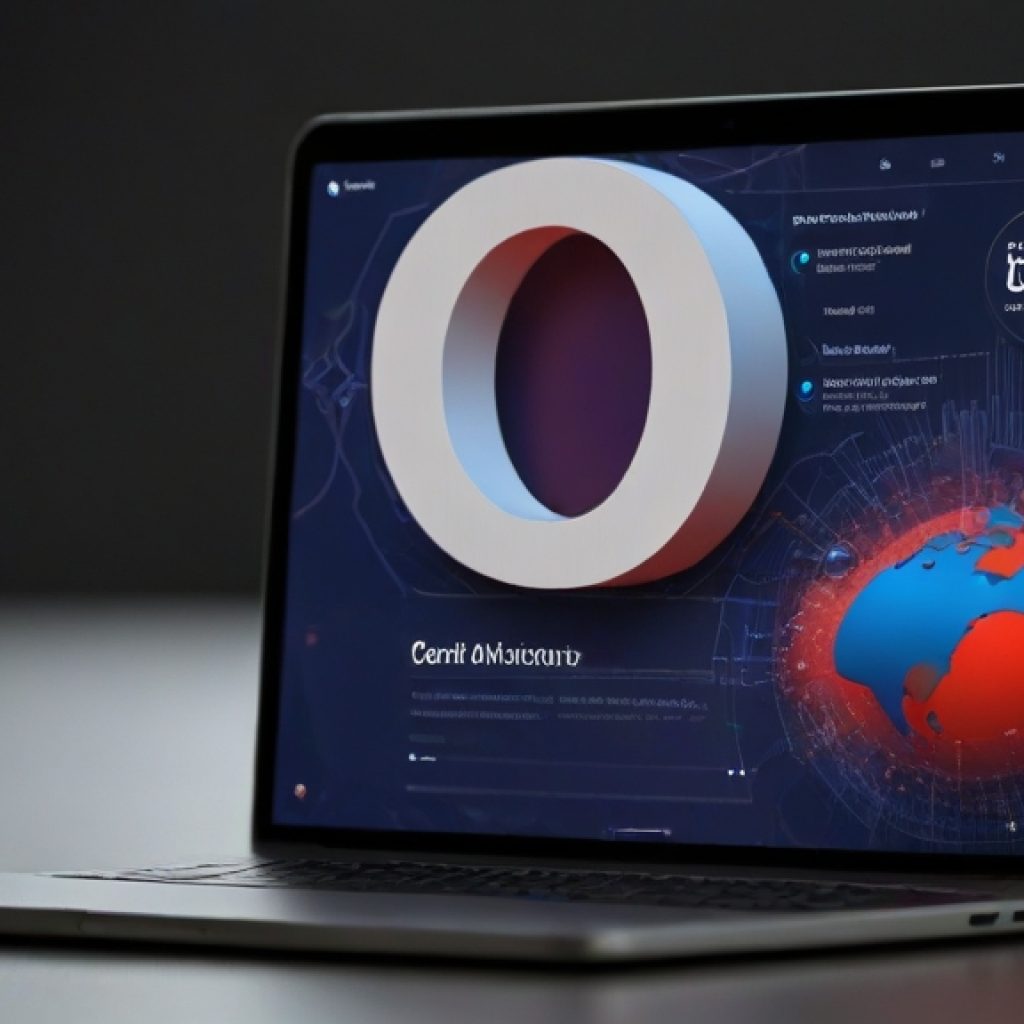In a tech world filled with flashy hardware and software improvements, Google’s Pixel 8 and Pixel 8 Pro stood out by announcing that they could reshape the Android landscape. While AI enhancements and camera improvements were expected, Google’s commitment to providing an extended seven years of security support for their latest devices stole the spotlight. This bold move could profoundly impact the smartphone industry, benefiting both consumers and the environment.
The significance of extended security support
Smartphone enthusiasts have grown accustomed to upgrading their devices every few years. However, this practice has significant drawbacks, contributing to electronic waste and forcing consumers to invest in new phones prematurely. Google recognized this issue and addressed it head-on with the Pixel 8 series.
Traditionally, Google and Samsung offered a five-year window of security updates for their smartphones, a duration considered standard in the industry. These updates are crucial in safeguarding devices against vulnerabilities highlighted in Android Security Bulletins. With the Pixel 8 and Pixel 8 Pro, Google has extended this support to seven years, setting a new benchmark for the industry.
Extended Device Lifespan: With seven years of security updates, owners of Pixel 8 phones can confidently use their devices until 2030 without compromising their safety and privacy. This extended lifespan reduces the need for frequent upgrades, thereby minimizing e-waste generation.
Environmental Impact: The electronics industry has been scrutinized for contributing to environmental degradation. Planned obsolescence, where devices are intentionally designed to have a limited lifespan, leads to more electronic waste. Google’s commitment to longer support reduces the frequency of new phone purchases and their associated environmental impact.
Consumer Savings: Extended security support benefits the planet and consumers’ wallets. With the assurance of a secure device for extended periods, users can postpone the financial burden of purchasing new phones. This approach aligns with sustainability and responsible consumption.
A shift in industry practices
Google’s decision to offer seven years of security support has already influenced its competitors. Samsung, one of the major players in the Android market, is considering a similar move to extend the support period for its devices.
This shift in industry practices signifies a growing awareness of the environmental impact of electronics and the need to reduce electronic waste. Smartphone manufacturers are beginning to recognize their role in promoting sustainability and the importance of providing long-term value to their customers.
The impact on e-waste reduction
The issue of electronic waste, or e-waste, has been a growing concern globally. The rapid pace of technological advancements has led to a surplus of discarded devices, contributing to environmental pollution and resource depletion. Google’s commitment to seven years of security support represents a proactive step in addressing this problem.
By allowing users to keep their phones longer without sacrificing security, Google aims to mitigate the demand for frequent upgrades. This, in turn, reduces the number of phones discarded prematurely, leading to a decrease in e-waste generation.
The smartphone industry is at a crossroads as technology companies increasingly embrace sustainability and long-term support. Consumers are becoming more environmentally conscious and appreciate initiatives that reduce electronic waste. With Google leading the way by extending security support to seven years, it’s evident that the future of smartphones is evolving to be more environmentally friendly and consumer-centric.




